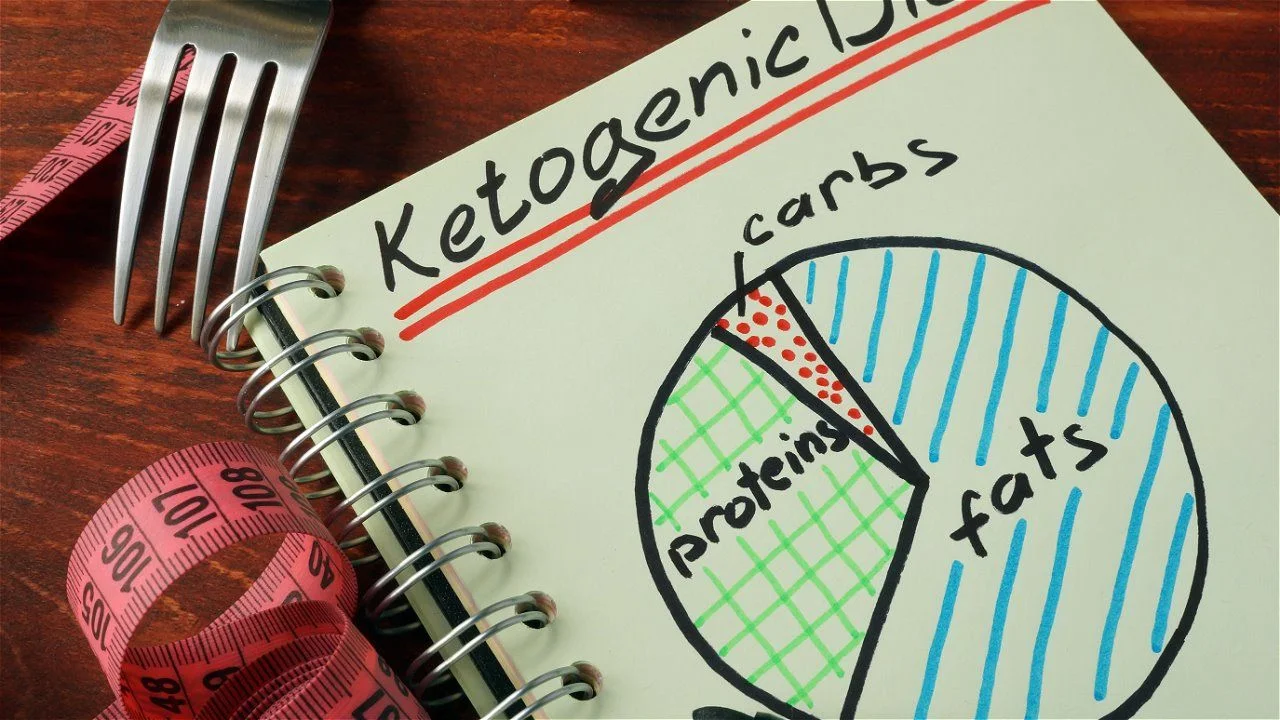
The ketogenic diet—a short introduction. It is rich in fats and proteins but deficient in carbohydrates and starches.
- The ketogenic diet was initially used to treat children with epilepsy.
- The Ketogenic diet has gained tremendous momentum in recent years as an effective weight-loss diet.
- The question is whether it is a healthy long-term diet.
The ketogenic diet is not recommended in the long term. Listed below are the main reasons.
1 Excessive load on the liver and kidneys damages the immune system in the long run.
- Fats and proteins can produce vital energy for a body, but this comes at the cost of a heavy load on the kidneys and liver, which are forced to remove decomposition products such as ammonia, uric acids, urea, and ketones.
- Potential side effects may include constipation, high cholesterol, growth slowing, acidosis, and kidney stones. (Wikipedia)
2. It is challenging to feel satiety without carbs.
- We also eat through the eyes. With 75% of the calories coming from fats and oils, the food volume looks low compared to carbohydrate foods.
- A ketogenic menu usually contains very high amounts of animal foods that are primarily industrialized. (Meat, fish, dairy products, eggs.)
- Industrialized & processed foods have far-reaching adverse effects on the human body, including diabetes, hypertension, heart disease, etc.
3 Some ketogenic foods with high-fat content may contain trans fats, creating high body toxicity.
4. Reducing the variety of foods allowed for consumption does not allow the body to get all its nutrients (Antioxidants, minerals, enzymes, electrolytes).
5 The ketogenic diet mimics starvation, initially achieving a significant weight loss, which is subsequently inhibited
Summary, conclusions, and recommendations.
- All the peoples of Asia ate rice in large quantities for many generations; they were thin compared to the West. Their obesity started when they switched to processed and industrialized foods in recent decades. Carbohydrates and starches are an essential source of energy for the body.
- A balanced, varied diet is the most suitable diet for everyone, especially the chronically ill. Link: The balanced-variable diet is the most suitable anti-inflammatory diet.
The production of vital energy for a body of fats and proteins is possible but at the cost of a heavy load on the kidneys and liver.

